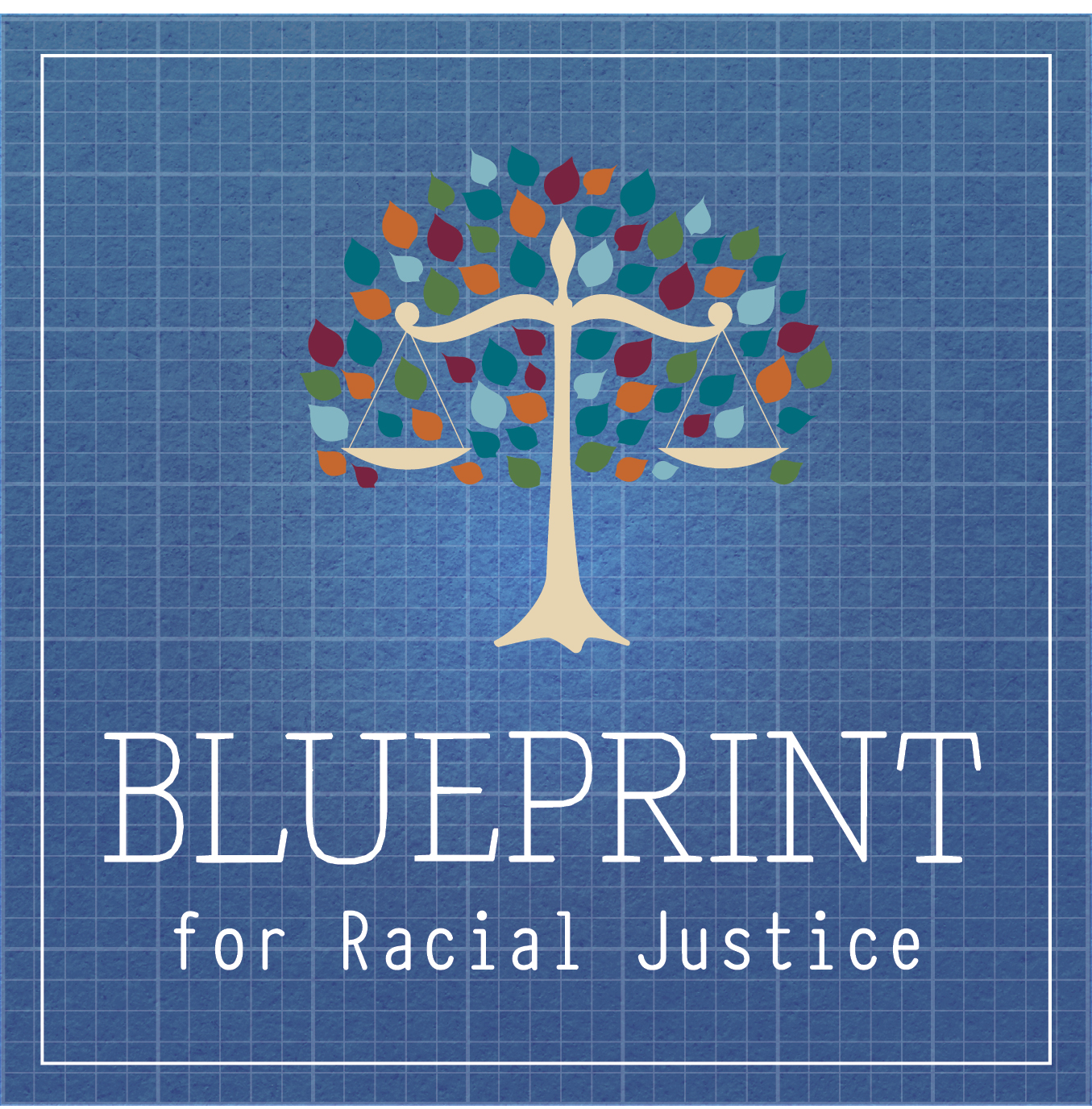-

Since 1789, the U.S. Constitution has guaranteed the right to a trial by an impartial jury. Three hundred and thirty-one years after ratification, the United States continues to wrestle with what impartial means in an increasingly diverse nation. Answering this question is crucial to maintaining and increasing confidence in our courts. Historically it was assumed that judges and lawyers were capable of identifying and removing biased jurors during voir dire and that the remaining jurors were thus presumed to be impartial. Over the past several decades, we have learned about implicit bias and how it affects decision-making by all participants in criminal trials, including judges and jurors. Other webinars in this series have considered the value of a diverse jury, securing diverse jury pools, and selecting a jury (voir dire and peremptory challenges). Join us for a conversation exploring implicit bias: what it is, and points judges should think about in order to mitigate contemporary notions of implicit bias in American jury trials and increase public confidence.
Panelists:
- Paula Hannaford-Agor, Director of the Center for Jury Studies, National Center for State Courts
- Prof. Sarah Redfield, Professor of Law Emerita, University of New Hampshire School of Law
- Prof. Sonia Gipson Rankin, Associate Professor of Law, University of New Mexico Law
Moderator: Judge Melvin Oden-Orr, Circuit Court, Multnomah County, Oregon
This is the fourth of five webinars in the Toolbox for Understanding and Solving the Diverse Jury Problem Webinar Series. Join us for the final session later this month:
- Jury selection: Beyond intentional racial bias, June 30
This webinar series is presented by the Blueprint for Racial Justice Systemic Change Work Group.
